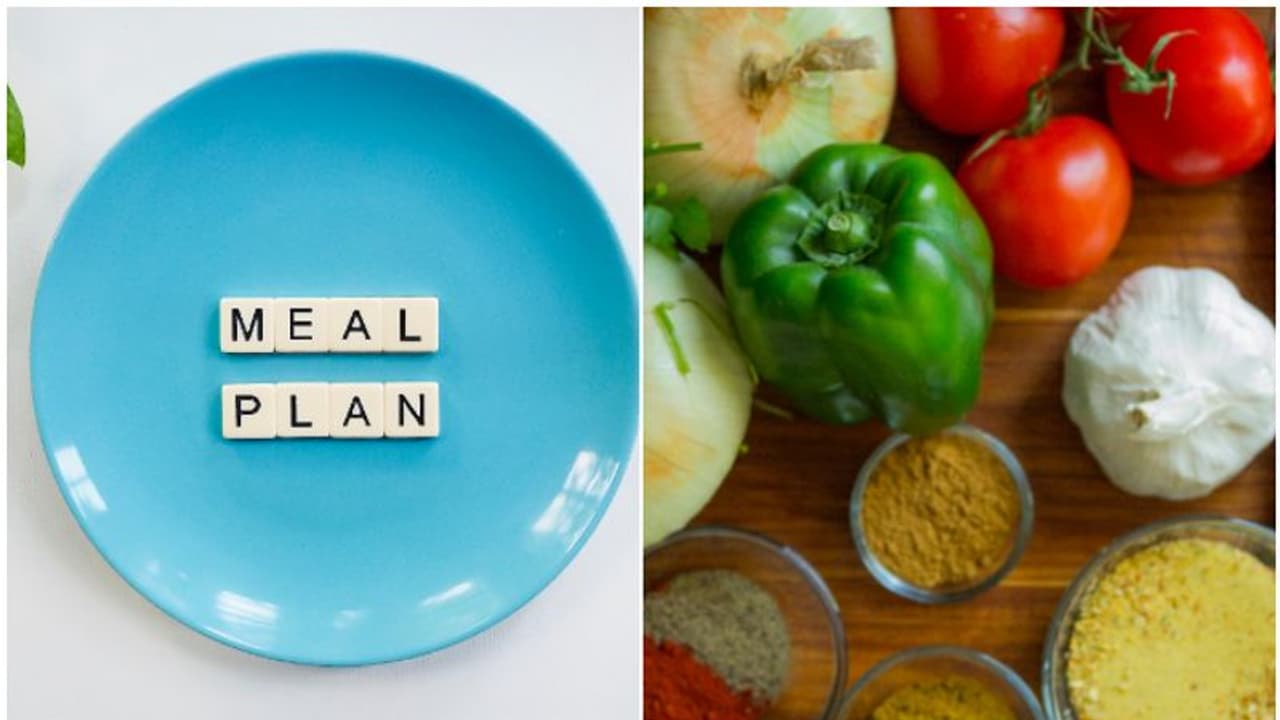Discover practical tips for eating nutritious meals on a budget. Plan meals, buy in bulk, embrace seasonal produce, and opt for affordable protein sources to stay healthy without breaking the bank.
Eating healthy on a budget is not only possible but also essential for maintaining overall well-being. By creating a meal plan, buying in bulk, choosing seasonal produce, cooking in batches, opting for affordable protein sources, and limiting processed foods, you can maintain a balanced and nutritious diet without overspending. Making these small adjustments in your food choices can lead to significant improvements in your health and overall well-being.

Here are six effective ways to eat healthy when on a budget:
1. Plan Your Meals
Create a weekly meal plan before grocery shopping. This will help you avoid impulsive purchases and ensure that you only buy the ingredients you need for your meals. Planning ahead also allows you to use ingredients efficiently, reducing food waste.
2. Buy in Bulk
Purchase non-perishable items like grains, legumes, and nuts in bulk. Buying in larger quantities often comes with cost savings. Store these items properly to maintain their freshness. Additionally, consider joining a wholesale club if possible, as it can offer significant discounts on a wide range of healthy food options.
3. Embrace Seasonal Produce
Choose fruits and vegetables that are in season. Seasonal produce tends to be more affordable and fresher. Local farmer's markets can be excellent places to find seasonal produce at reasonable prices. You can also buy extra and freeze them for later use, extending their shelf life and saving money in the long run.
4. Cook in Batches
Prepare meals in larger quantities and freeze portions for later consumption. This method saves time, money, and effort. Frozen, homemade meals are healthier alternatives to expensive convenience foods. You can also cook staples like grains and beans in larger batches and use them throughout the week for various dishes.
5. Opt for Affordable Protein Sources
Protein is essential for a balanced diet, but it can be expensive. Choose affordable protein sources like eggs, canned tuna, tofu, beans, and lentils. These options are not only budget-friendly but also versatile and nutritious. Incorporate them into a variety of dishes to keep your meals exciting and satisfying.
6. Limit Processed and Junk Foods
Processed and junk foods may seem inexpensive, but they lack nutritional value and can lead to health issues. Prioritize spending on whole, nutrient-dense foods like fruits, vegetables, whole grains, and lean proteins. By focusing on nutrient-dense options, you'll feel more satisfied, reducing the temptation to purchase unhealthy snacks. Instead, consider making your snacks at home, such as air-popped popcorn, roasted chickpeas, or homemade energy bars.
